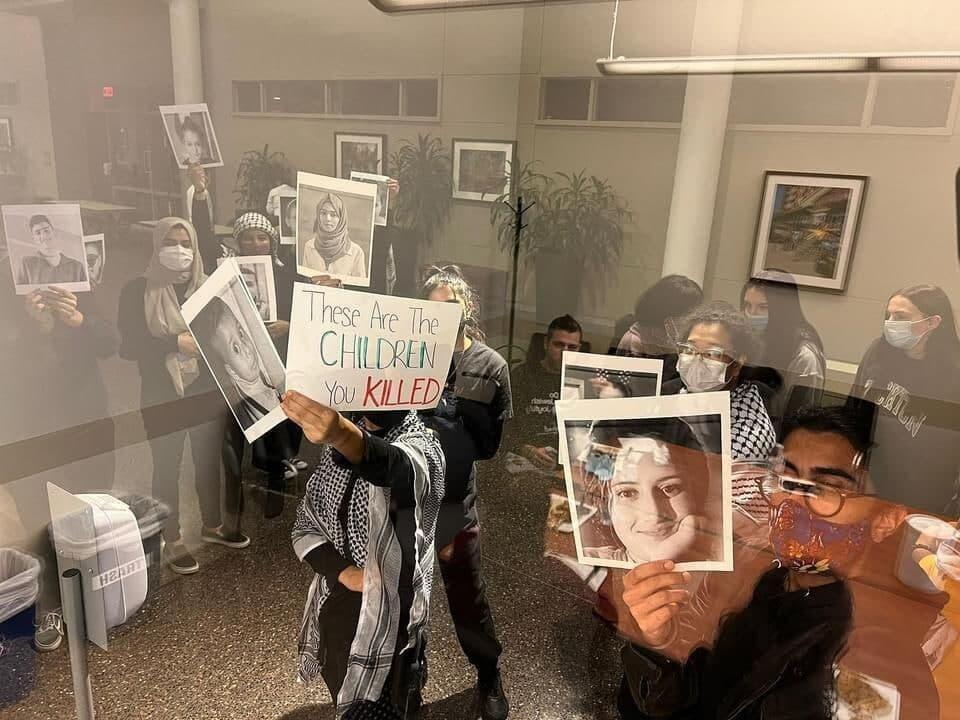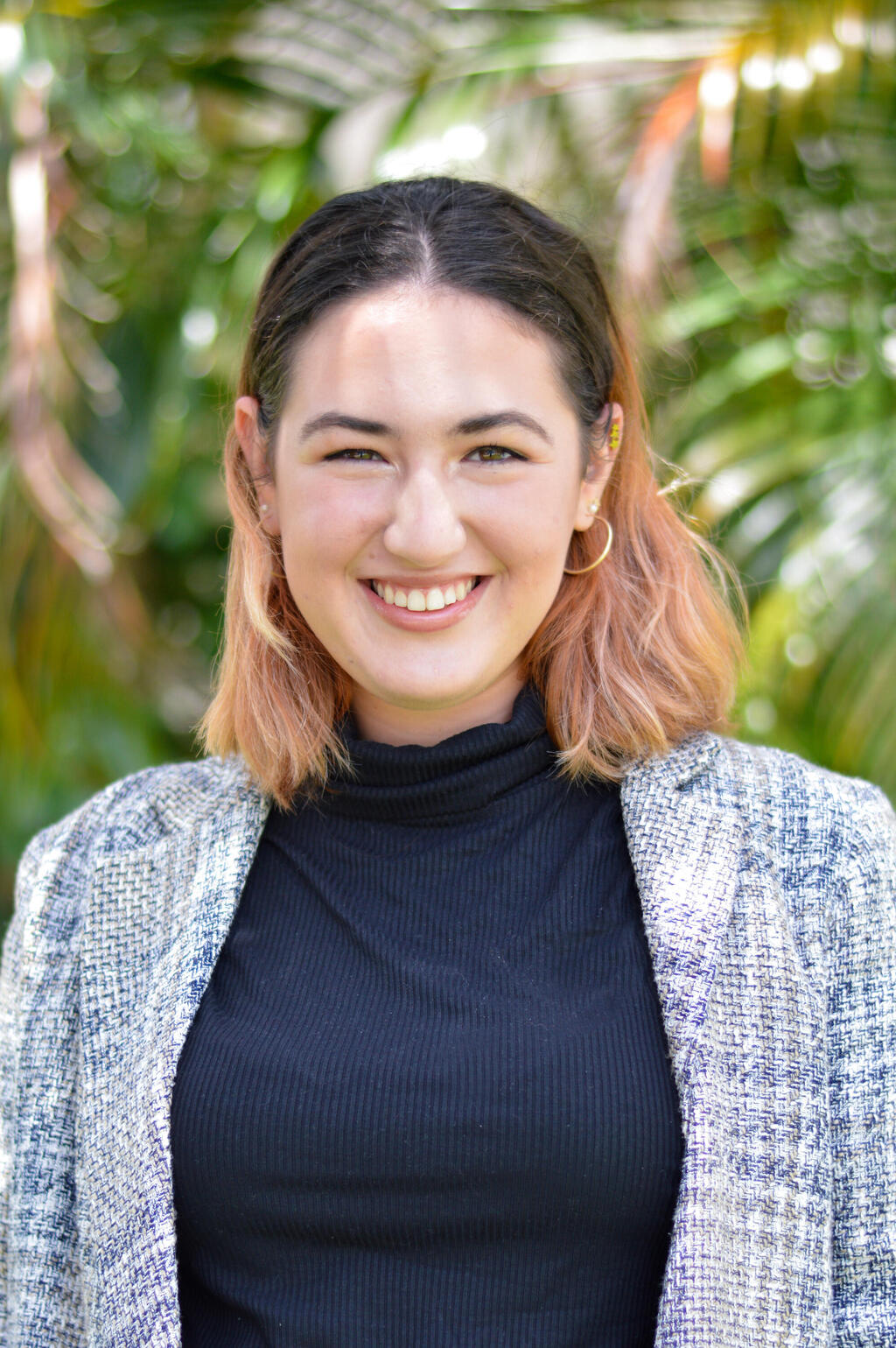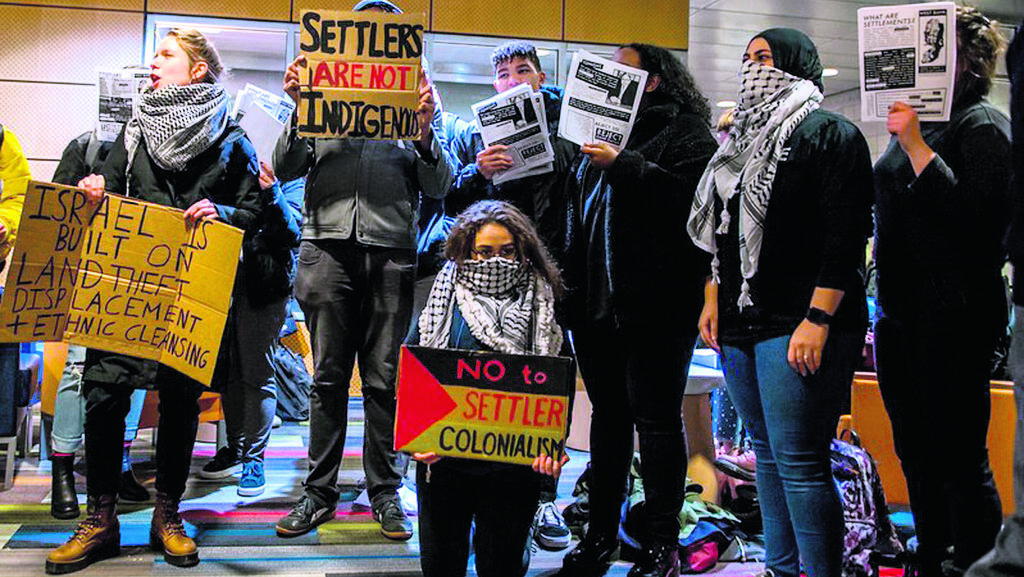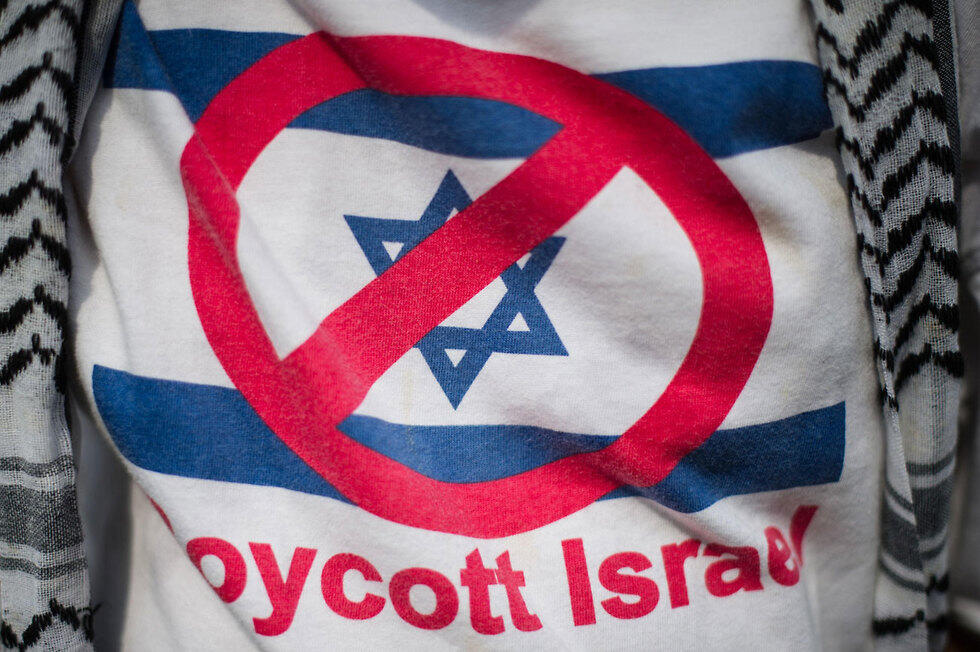Getting your Trinity Audio player ready...
Antisemitism is on the rise in the U.S. across all sectors of society. On college campuses, however, the situation is especially worrying. A perceptual shift toward Jews is in process, and antisemitism is becoming a common way of expression for those who claim to be against Israel.
In May 2021, as Israelis were embroiled in cross-border violence with Gaza's rulers, Hamas, many American Jews began feeling hints of a different war breaking out - one against the legitimization of Israel's existence.
I, among many American Jews, was called a "Nazi", "illegitimate", "rat", and was sent countless death threats only because of my nationality.
Even prior to May's "Operation Guardians of the Walls", antisemitism masquerading as anti-Israel protest was on the rise and gaining online attention and popularity.
My first confrontation with this anti-Israel hate took place during one of my days at the American University, in Washington D.C. I sat in the floor's common room of my dorm building, conversed with other students, and each of us said where he/she came from. This was the first time in my life when most of my friends weren't Jews.
I introduced myself, and someone asked me where I was from, because my name sounds weird. When I said I was Israeli, he looked into my eyes and called me an "apartheid supporter" and "white occupier". I was in shock. I didn't understand how he could use such blunt and offensive words towards someone he had just met.
Being an Israeli-American means being being split between two communities: On the one hand, surrounded by Israeli parents and family friends in a Hebrew-speaking setting, and on the other - involved in the Jewish-American culture - explaining to each what the other feels and thinks. The essence of my identity was acting as a mediator between the Israeli community and the Jewish-American one.
As opposed to most American Jews, I grew up on stories of my grandfather fighting in Israeli wars, my parents' IDF service, and my personal experience from 2014 Gaza war known as "Operation Protective Edge" - in which rockets were shot over Tel Aviv, my home at the time.
My experiences also include a traumatic memory from a suicide terrorist attack on a bus right behind my school, in the middle of a school day. These stories helped me depict my Israeli narrative to Jewish Americans.
One of the biggest gaps I see between the Israelis residing in Israel and the Jewish-American community is in their understanding of antisemitism and what it looks like. In 2022, antisemitism in America is split into three categories: hate of "otherness" directed towards Israelis, antisemitism masked as "criticism of Israel", and the old-fashioned historical antisemitism.
Hate of "others" directed at Israelis is no longer hidden - it is bluntly expressed in social media, campuses, universities, and day-to-day interactions. I've been told my face is "too Israeli", I've been nicknamed "foreign invader" on social media, and one of my professors that heard my name on the first day of school made fun of me.
This hatred did not originate out of nowhere, it's derived from a broader phenomena, in which antisemitism is disguised as criticism of Israel. Criticism towards its government and policies isn't new to Israel, but university campuses in the U.S. turn this criticism into a call to eliminate the Jewish state, as well as hold Israel responsible for the Jews in America, and even confront American Jews (including those with no connection to Israel) with the question of how many Palestinians they've killed.
Student organizations across campuses in the U.S. declare that excluding Zionist students from support groups is a legitimate criticism mechanism towards a foreign and "oppressive" government.
4 View gallery


IDF handicapped veterans attacked by BDS activists at Stockton University Atlantic City
Alongside antisemitism masked as anti-Zionism, the historic antisemitism still thrives, and is reflected by countless swastikas drawn across campuses all across America, including the one I study at. In universities all over the world students encounter Nazi parades, professors who try to defend Hitler, and students that belittle the Holocaust. There are countless stories I've heard from Jewish students who have been bullied, who were seen as monsters and responsible for Israel's policies towards the Palestinians, because of their Jewish identity.
When I lived in Israel, I though antisemitism no longer existed. Have we learned nothing from the Holocaust? Unfortunately, we haven't. Antisemitism continues to spread like a plague on American campuses, while the deans look the other way, hoping for the trend to pass. It's 2022, and history is repeating itself once again.




